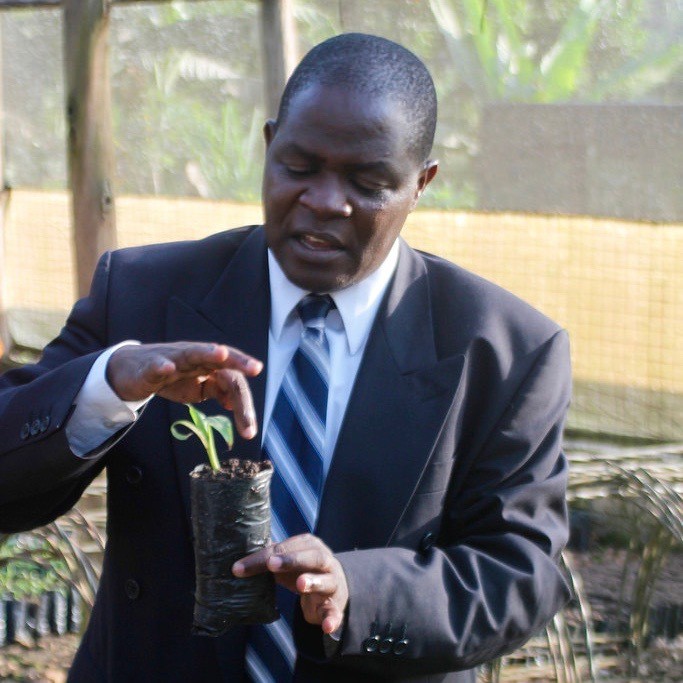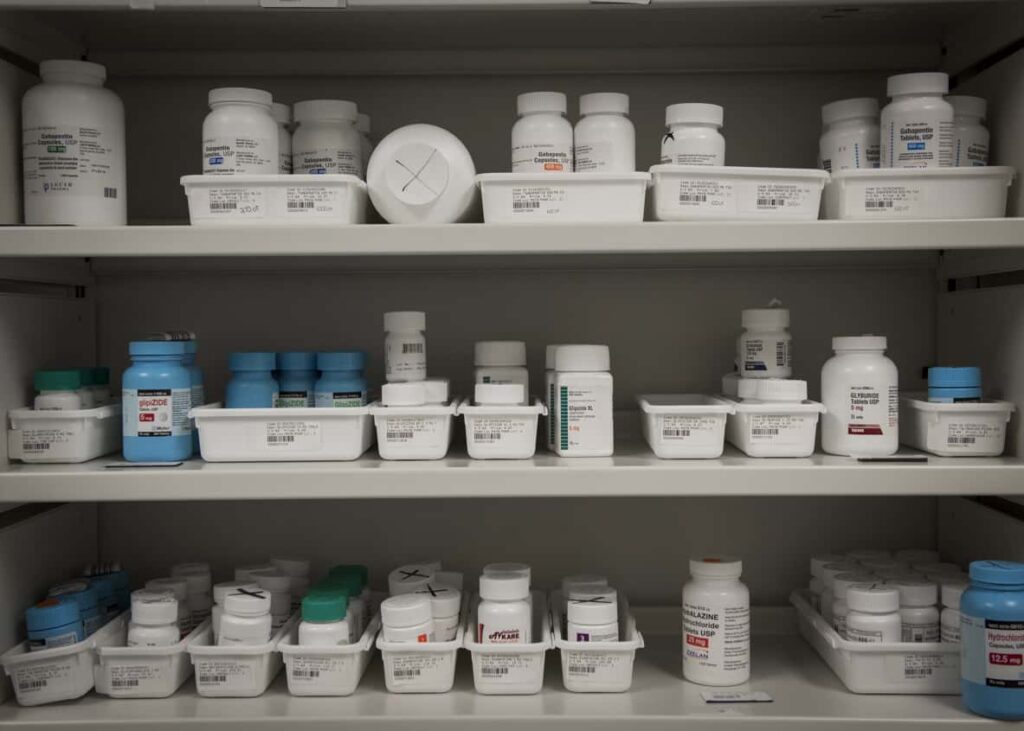How might we launch a network to mitigate the spread of bovine Tuberculosis in developing countries?
A Bill and Melinda Gates Foundation-Supported Workshop to Set Strategy and Align Vision
Challenge
Bovine Tuberculosis (bTB) isn’t a well-known disease, but it is serious. BTB, which largely affects cattle, can spread to other animals and even humans. Most people do not know that it causes an untold number of human TB cases each year, or that it contributes to an estimated $300 billion in global economic losses due to lost livestock and incomes. Herein lies a key problem: low awareness of bTB means that support for its control remains limited; limited support means few resources to collect data on the disease and build awareness. So efforts to control bTB — especially in developing countries where its negative impacts are felt the hardest — continue to be piecemeal and insufficient.
Solution
The Gates Foundation, in an effort to accelerate global action, convened the world’s 40 leading bTB researchers and veterinary practitioners in Rabat, Morocco in December 2015. It was a preeminent group: approximately 50% of academic publications produced on bTB were authored or co-authored by those gathered. The group set out to achieve three things: clarify a bTB research agenda, record the challenges that impede bTB control, and develop strategies to accelerate bTB control in developing countries.
GKI, through support from the Bill & Melinda Gates Foundation, Pennsylvania State University, the University of Georgia, Cornell University, and the UK’s Department for Environment, Food & Rural Affairs (DEFRA), designed and facilitated the three-day workshop. It was an intense, productive, and encouraging experience. Participants noted that, while some knew each other professionally, this was the first chance they had to put their heads together as experts to constructive a collective vision for action, which GKI’s facilitation enabled. Outputs of the workshop – including priority research challenges and early thinking on how to address them – will be used in a broader effort to build a global network aimed at accelerating bTB control in developing countries. This workshop was a critical, first step in achieving this long-term goal.
Results / Outcomes
- Convened 40 preeminent bTB researchers spanning 16 countries for a pioneering workshop
- During the convening, participants engaged in GKI methods, and successfully:
- Generated 155 challenges during a guided challenge mapping exercise
- Identified and elaborated upon 6 priority challenges associated with controlling bTB in developing countries
- Offered 109 different resources – technologies, lab equipment, facilities – needed to improve control
- Developed 6 integrated strategies for accelerating bTB control
- Produced insights and built relationships that will be integral in spurring global action on this challenge going forward
Resources
- Accelerating BTB control in developing countries: After Action Report (PDF) – An after action report highlighting GKI’s work around bovine tuberculosis prompting participants to think creatively about the many issues related to bTB




